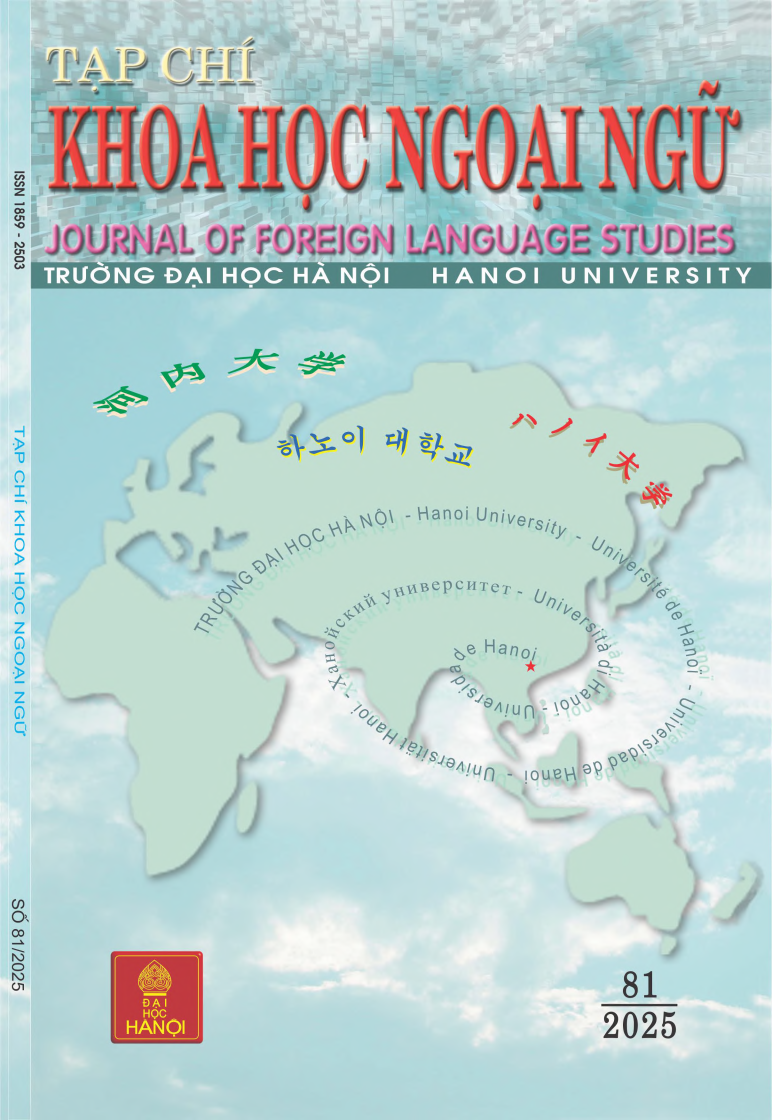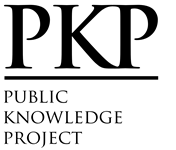PEDAGOGICAL FEATURES AND ROLE OF THE COURSE “INTRODUCTION TO SLAVIC LITERATURE” FOR RUSSIAN-MAJORED STUDENTS
DOI:
https://doi.org/10.56844/tckhnn.81.891Keywords:
Slavic literature, Russian studies, language and culture, international cooperationAbstract
This article investigates the pedagogical features of the course Introduction to Slavic Literature, analyzes the pedagogical, linguistic-cultural, and psychological challenges that international students encounter in this course, and proposes solutions to enhance teaching effectiveness. The article outlines the core content of the course and analyzes its historical, cultural, and linguistic components, while discussing suitable instructional approaches for international learners. The author emphasizes the significance of this course for non-native students of Russian, highlighting the close connections among Slavic peoples. The course thereby allows students to explore Russian literature from multiple perspectives, uncover linguistic and cultural ties between Russia and other Slavic nations, compare historical elements, and understand the role of the Russian language both synchronically and diachronically in the international context. The paper concludes by offering pedagogical recommendations to improve the effectiveness of teaching this course to non-native students and affirms its importance in training specialists in Russian studies.






